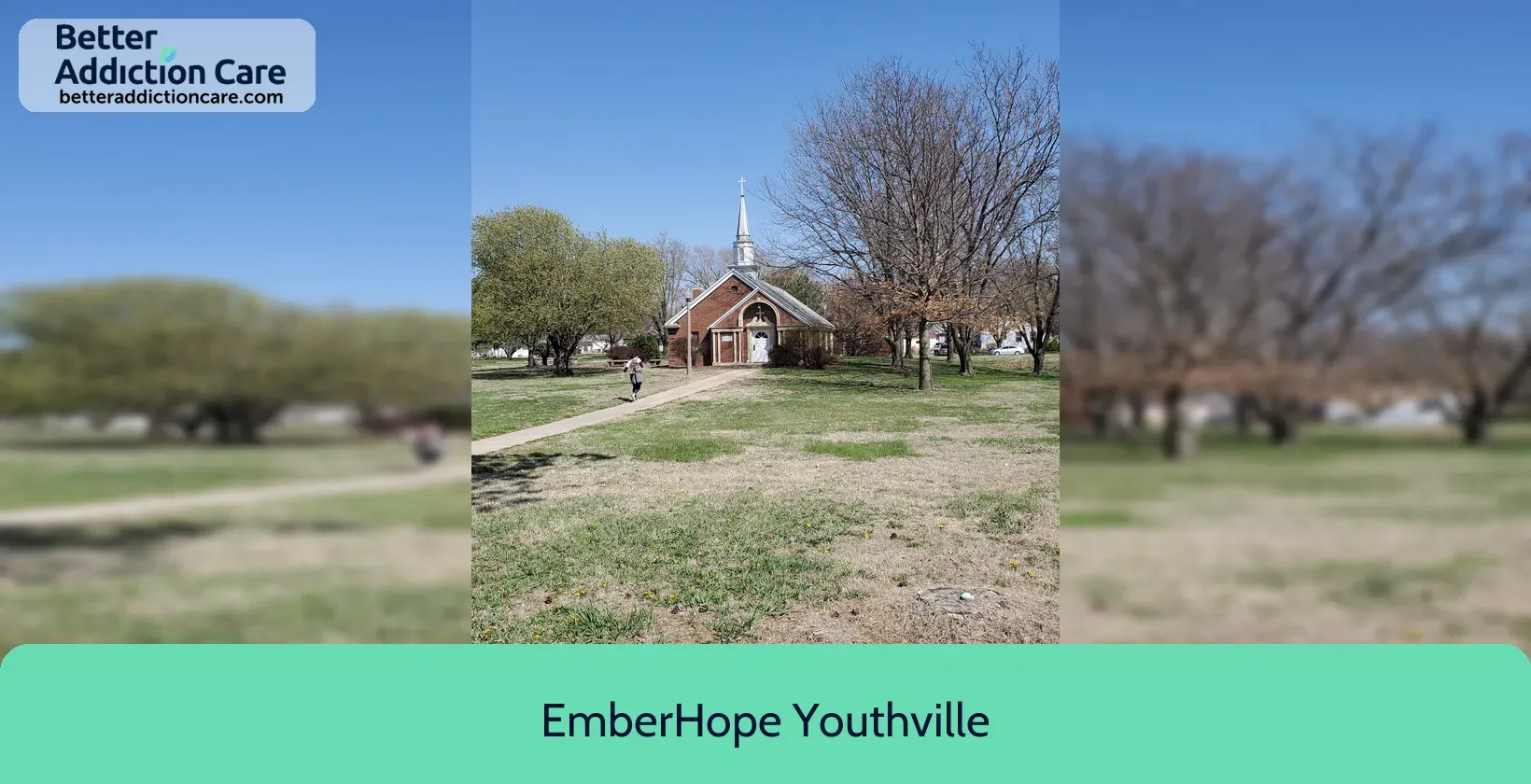185 Best Alcohol & Drug Rehabs in Kansas 2024
Discover the top alcohol and drug rehab centers in Kansas, United States. Explore 384 nearby treatment facilities providing inpatient, outpatient, and detox services.
Use filters to search by payment options, amenities, specialty programs, and more to find the perfect treatment for your unique situation.
185 Treatment Centers in Kansas, US
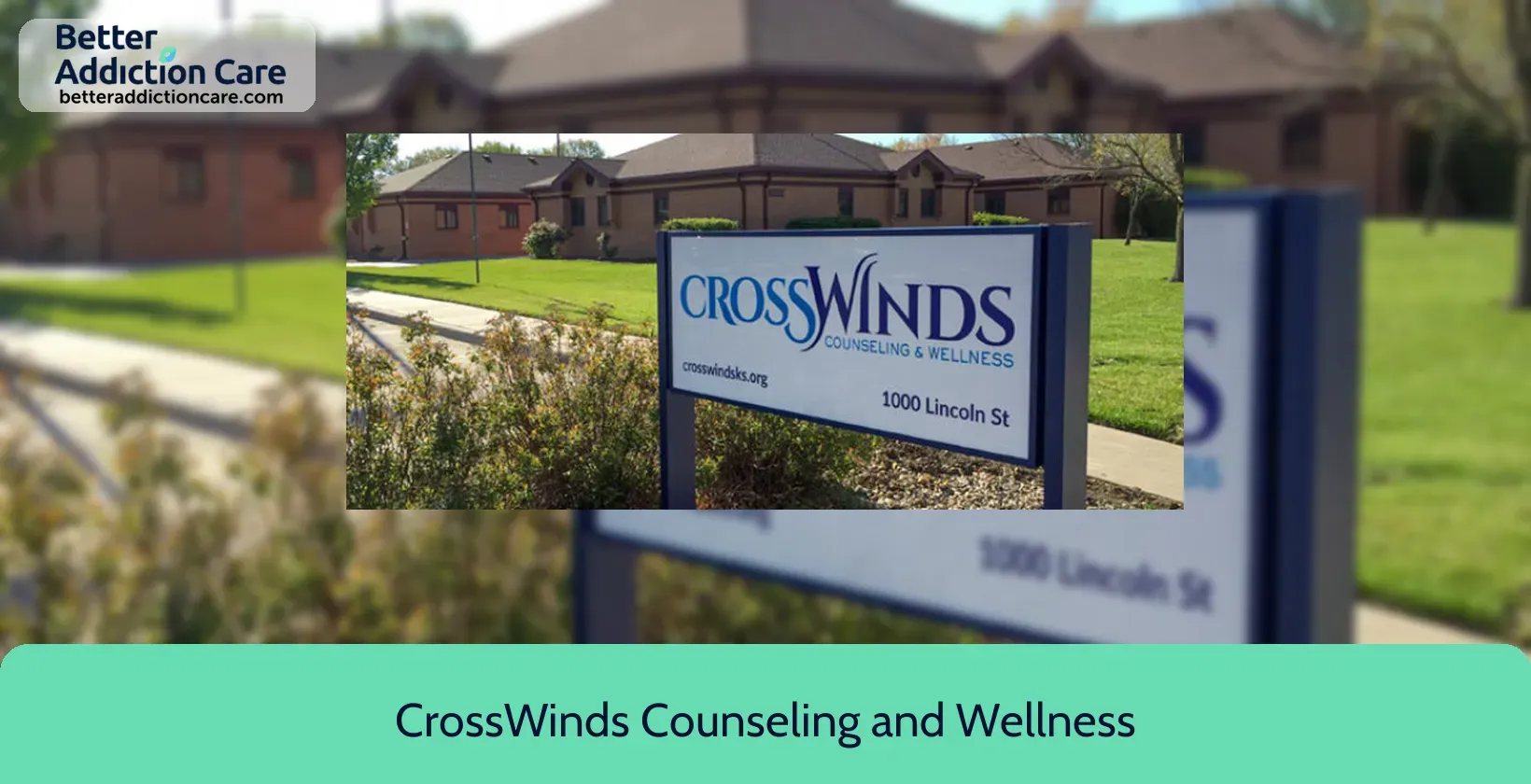
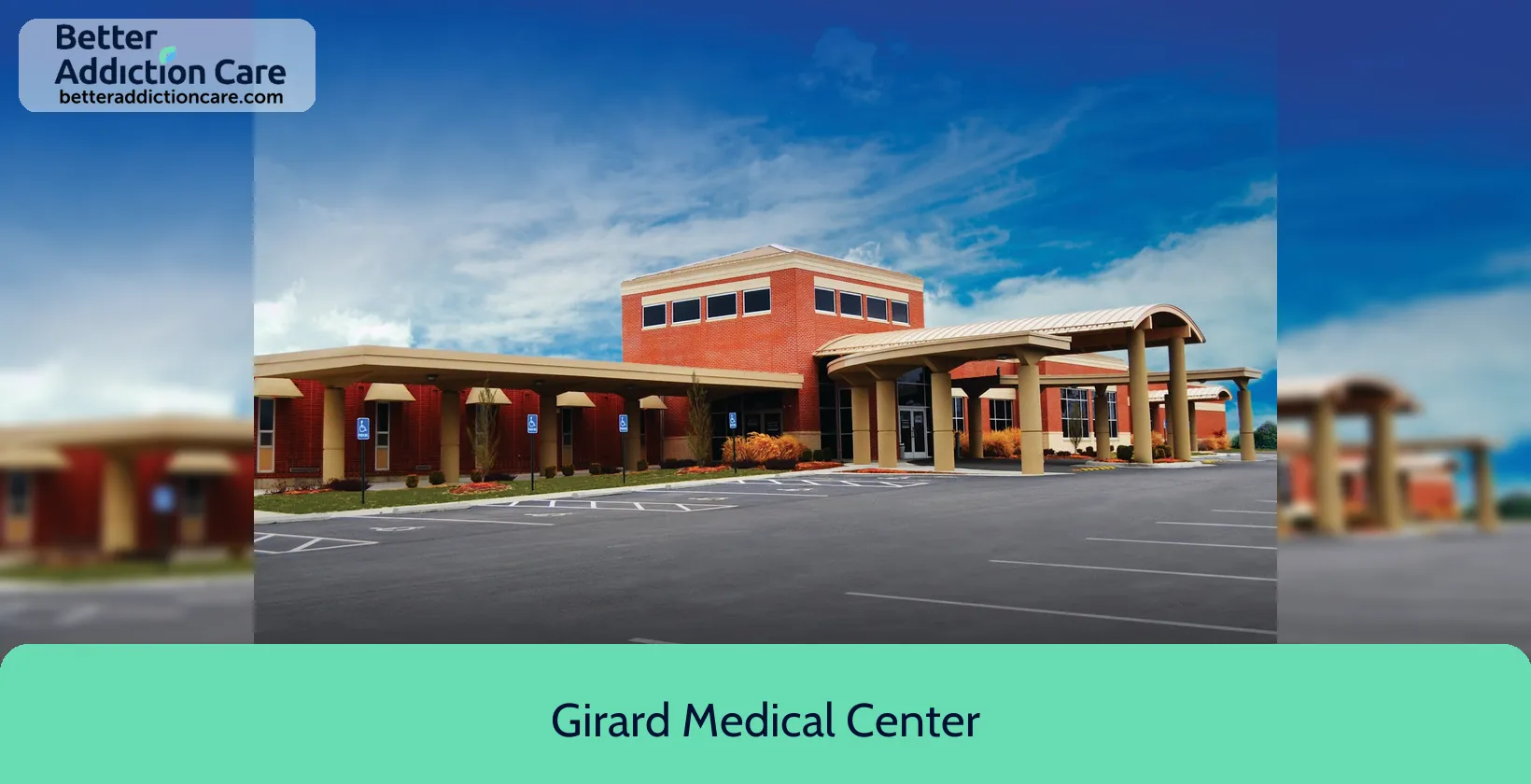

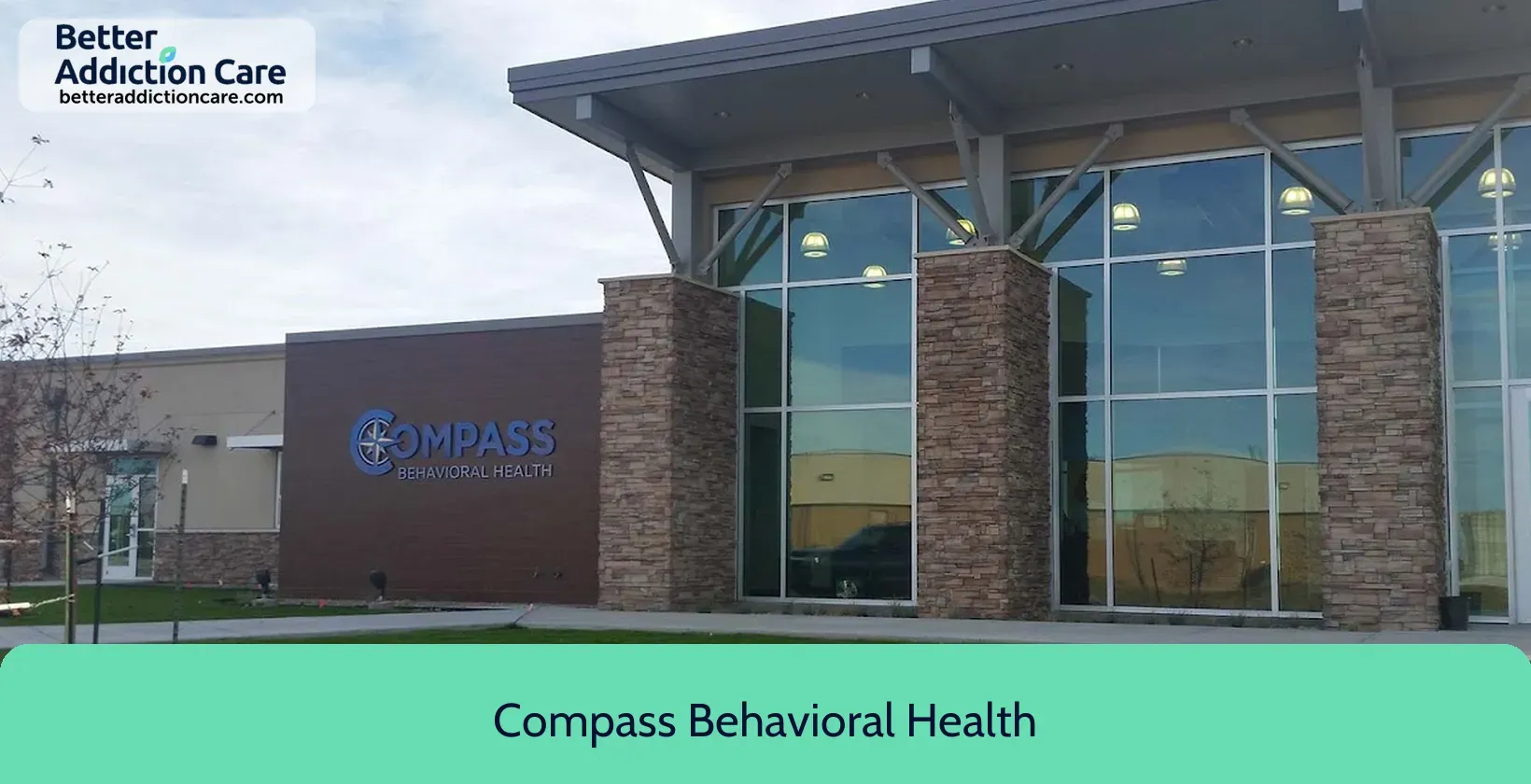

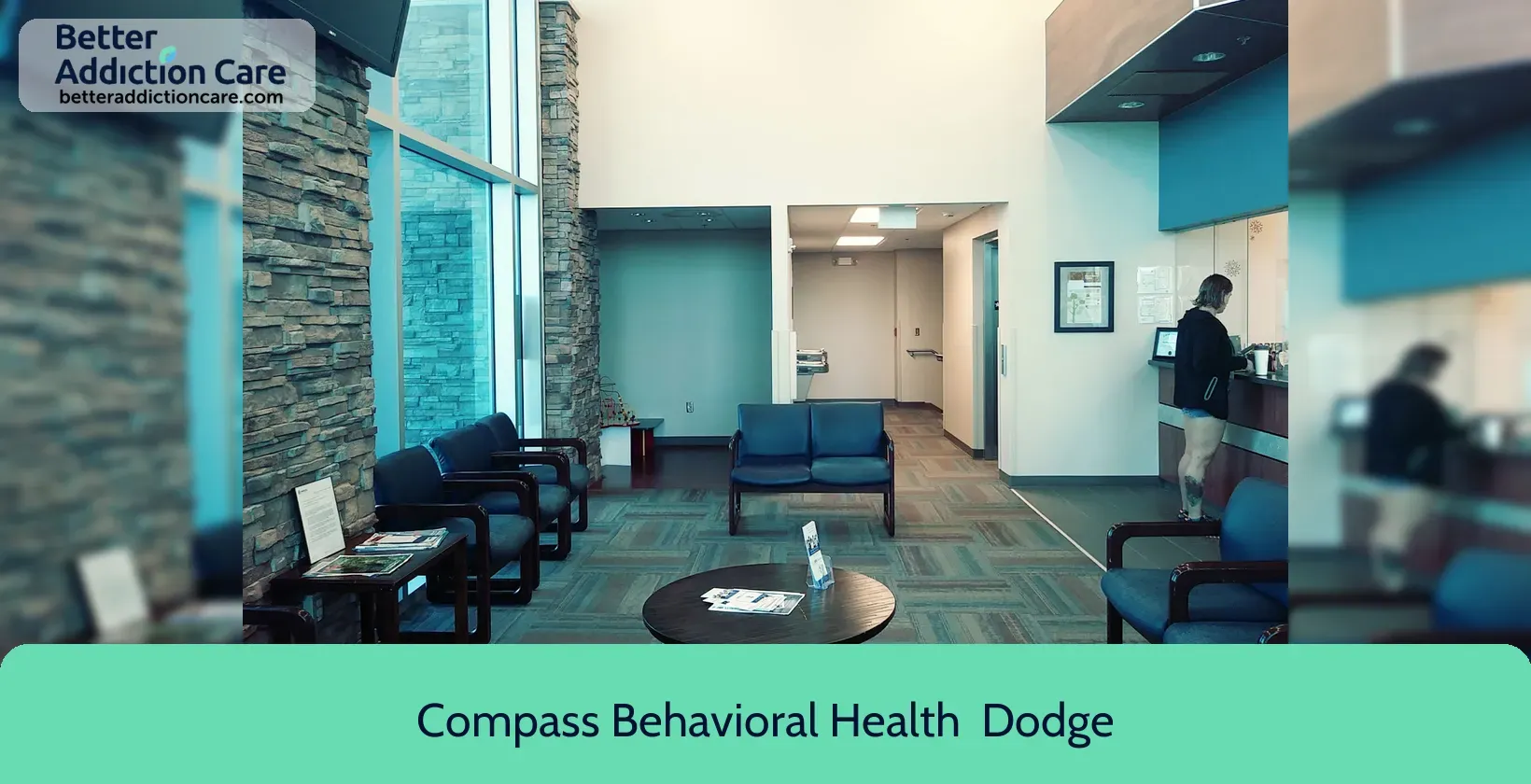








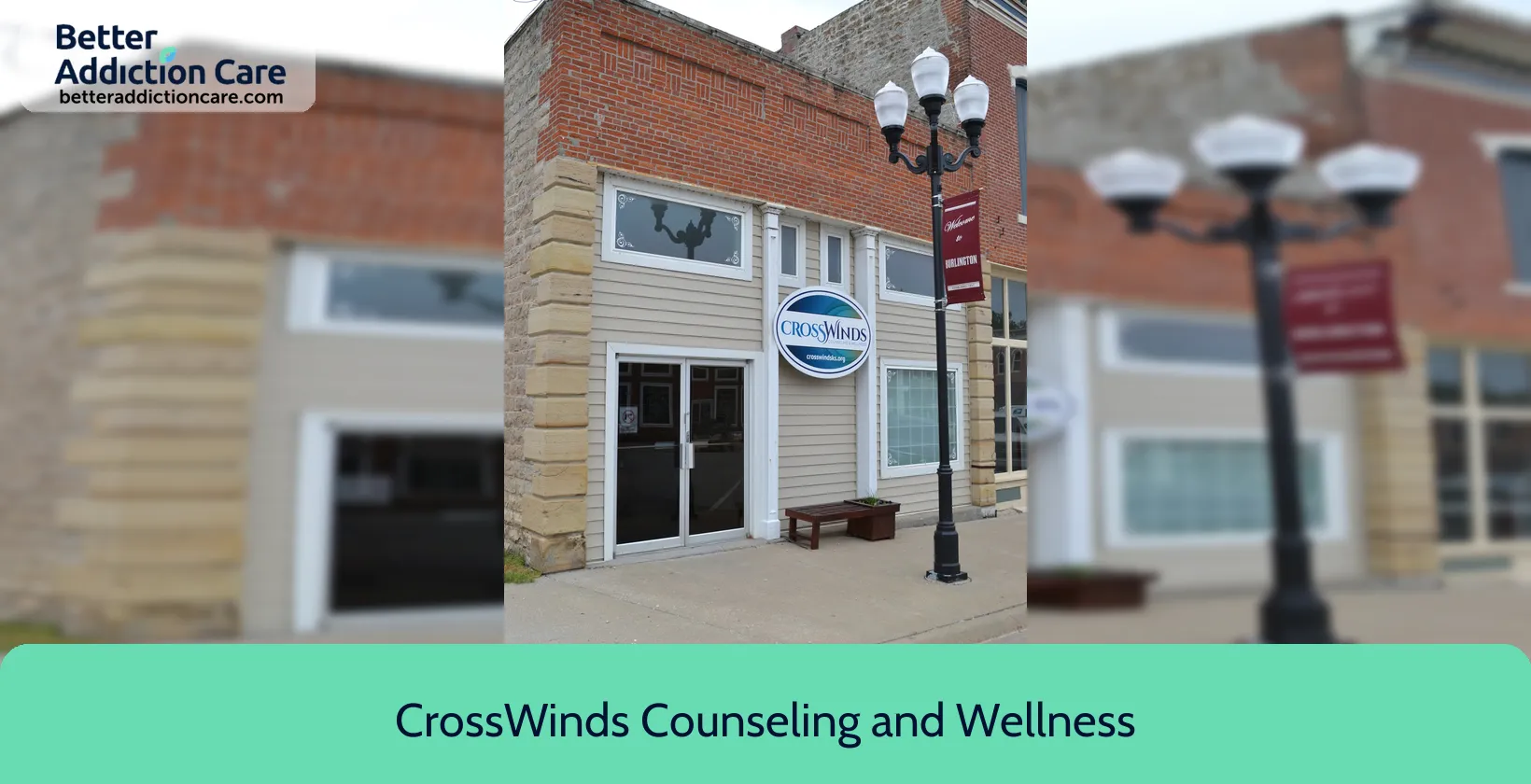



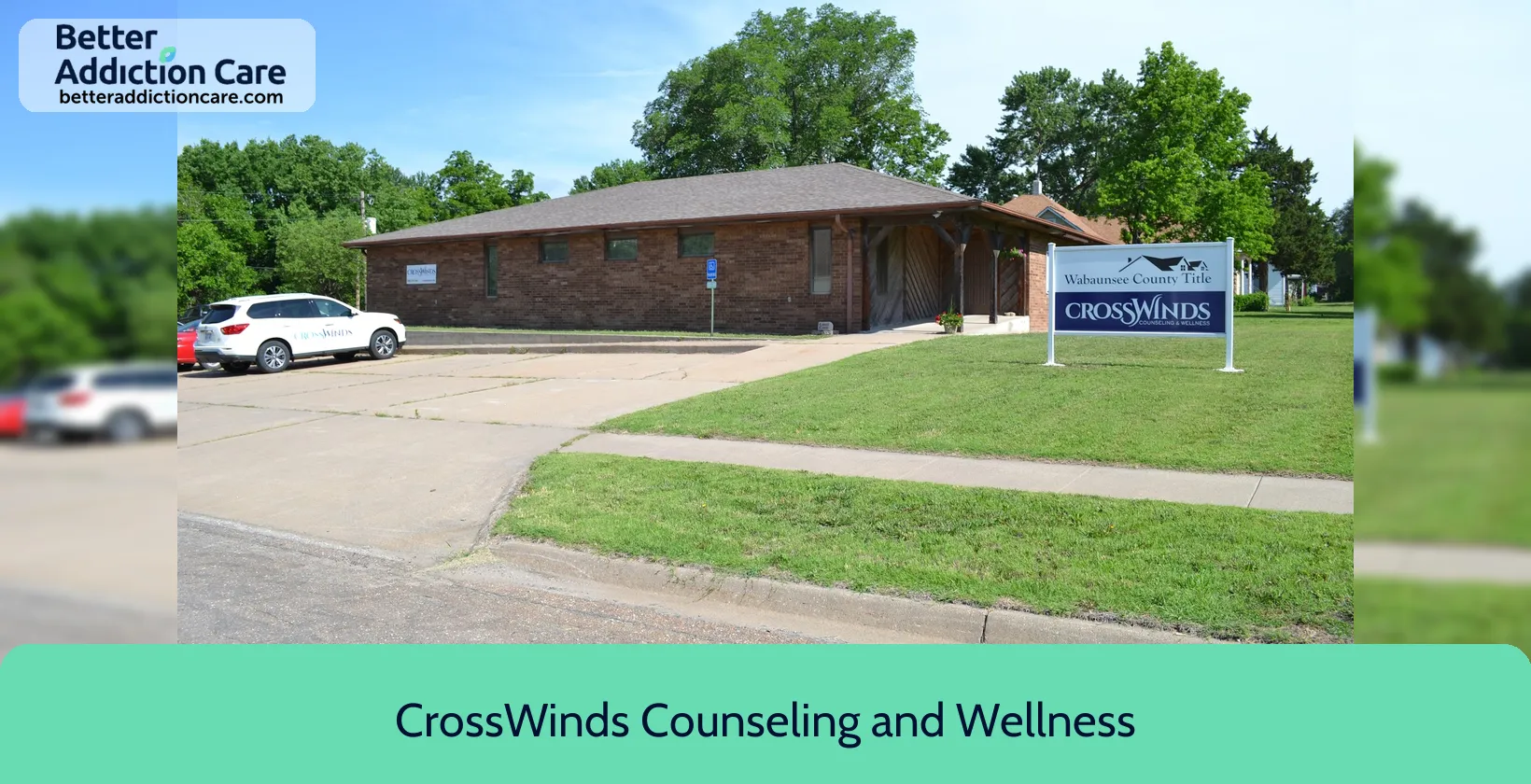





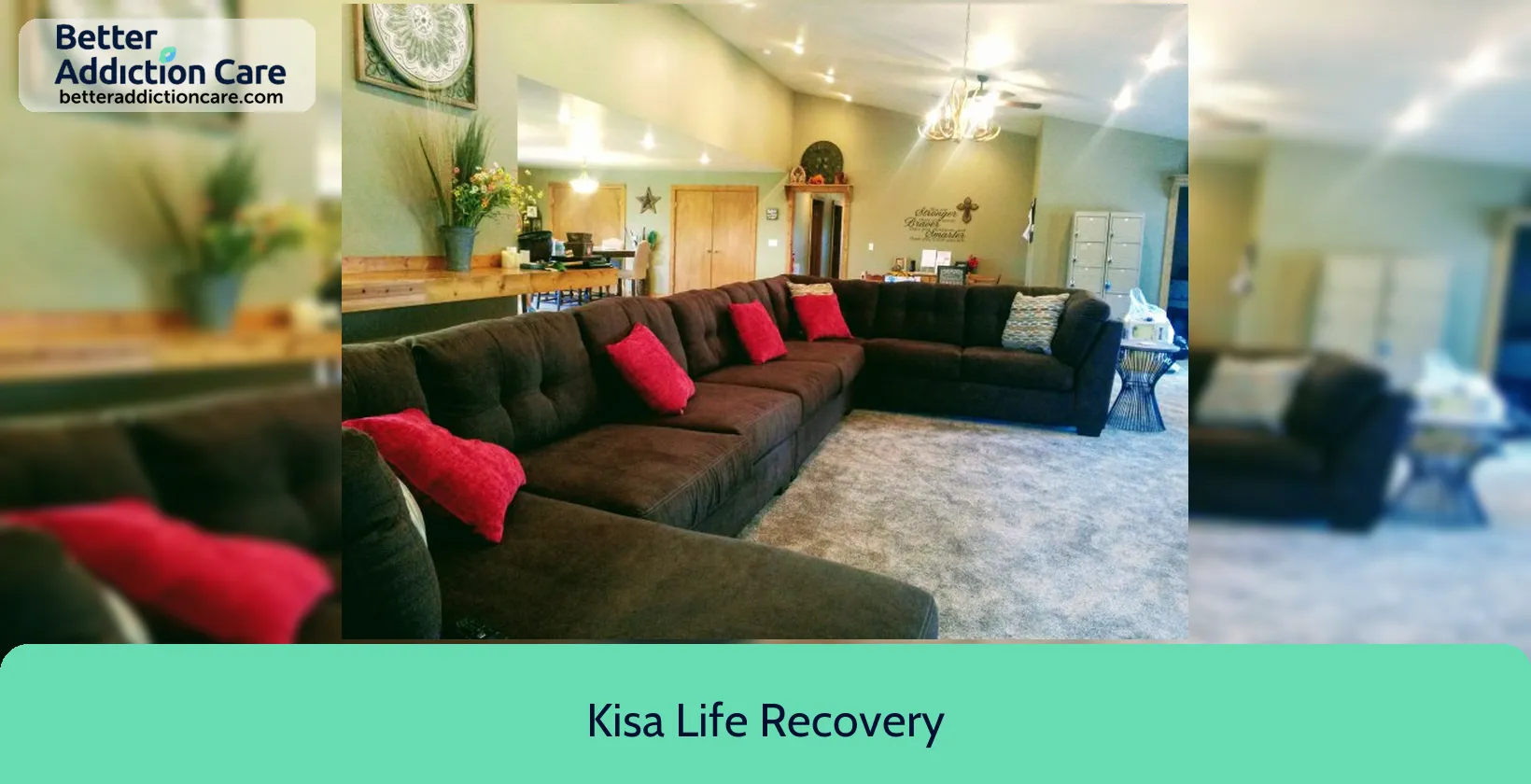

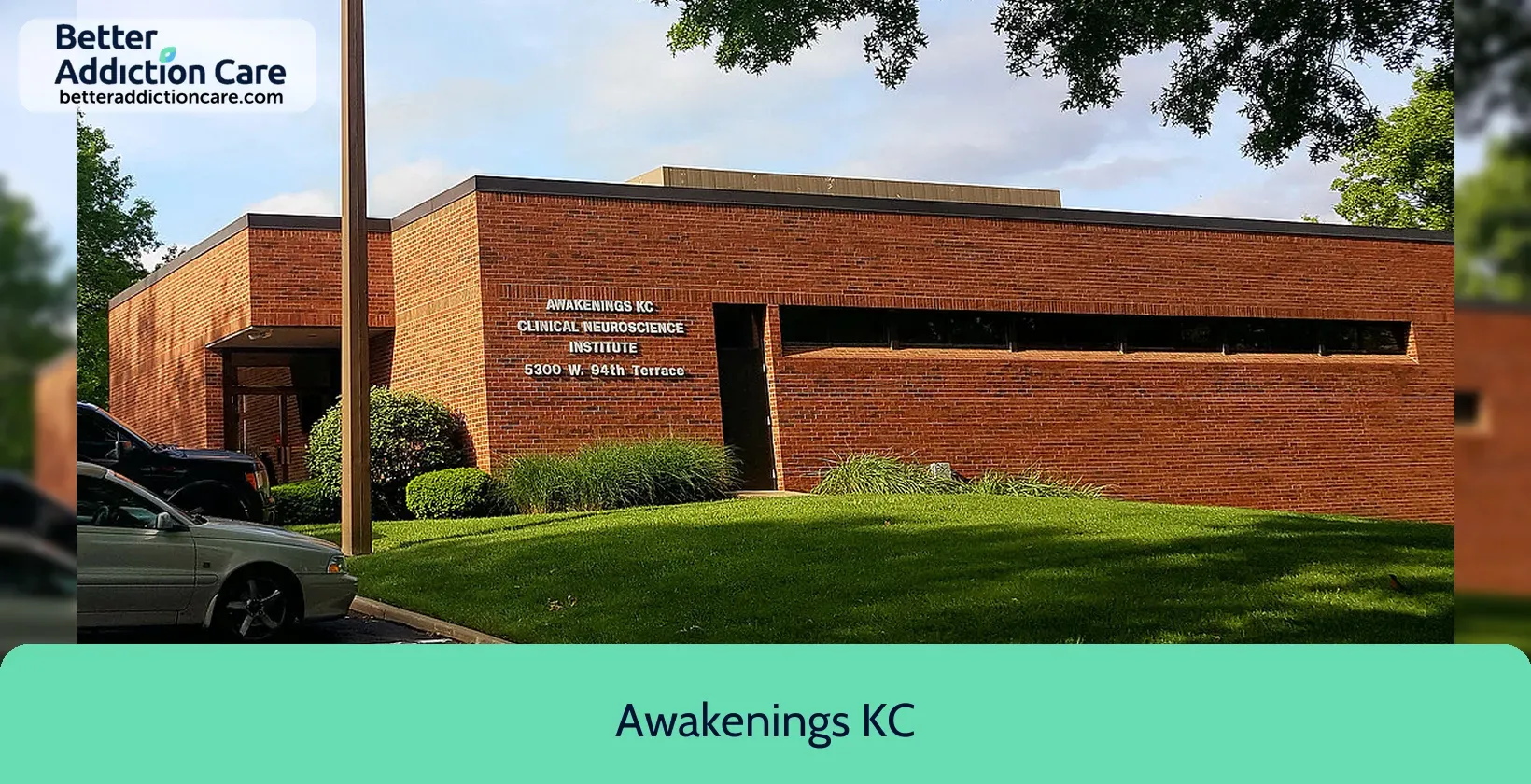
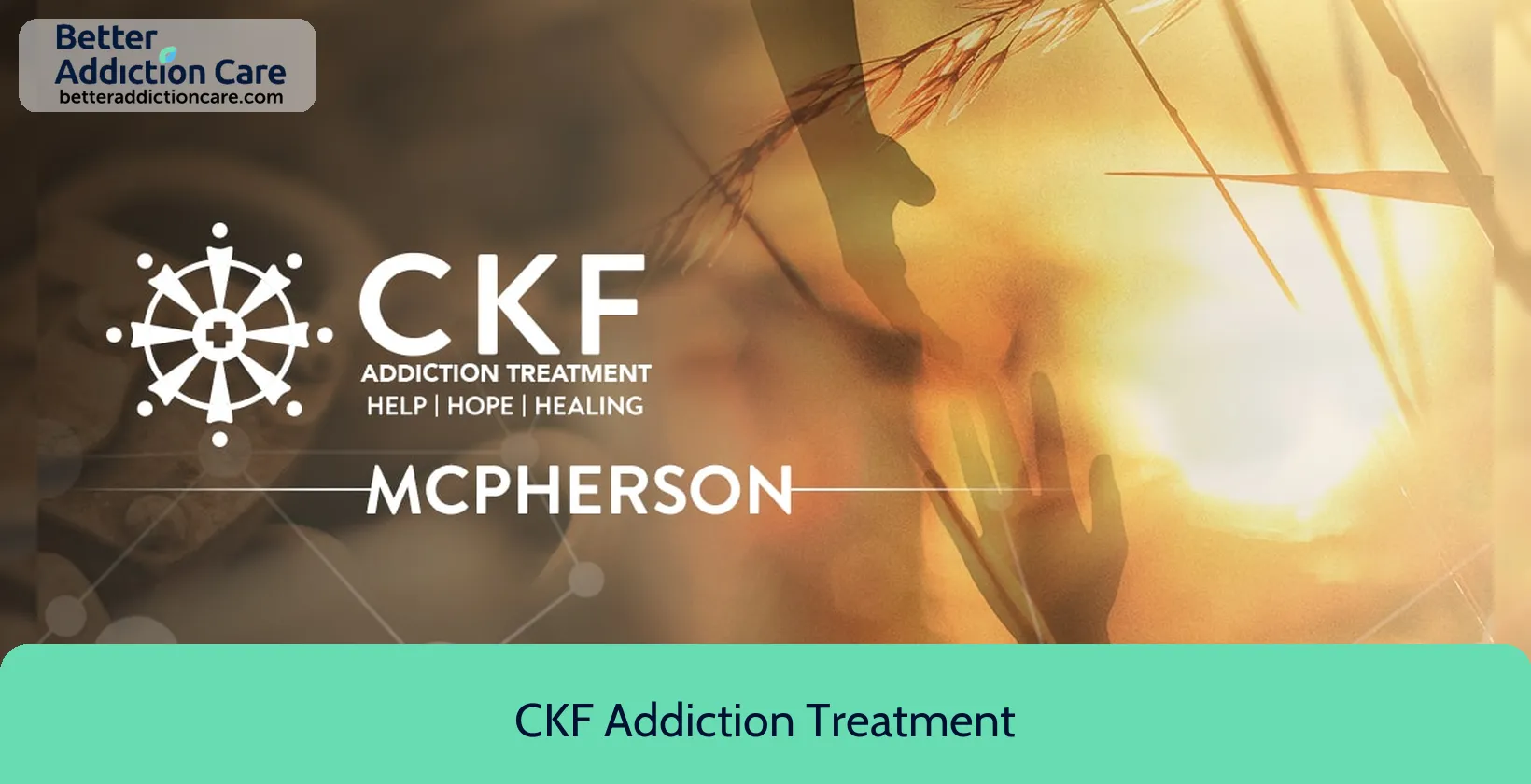

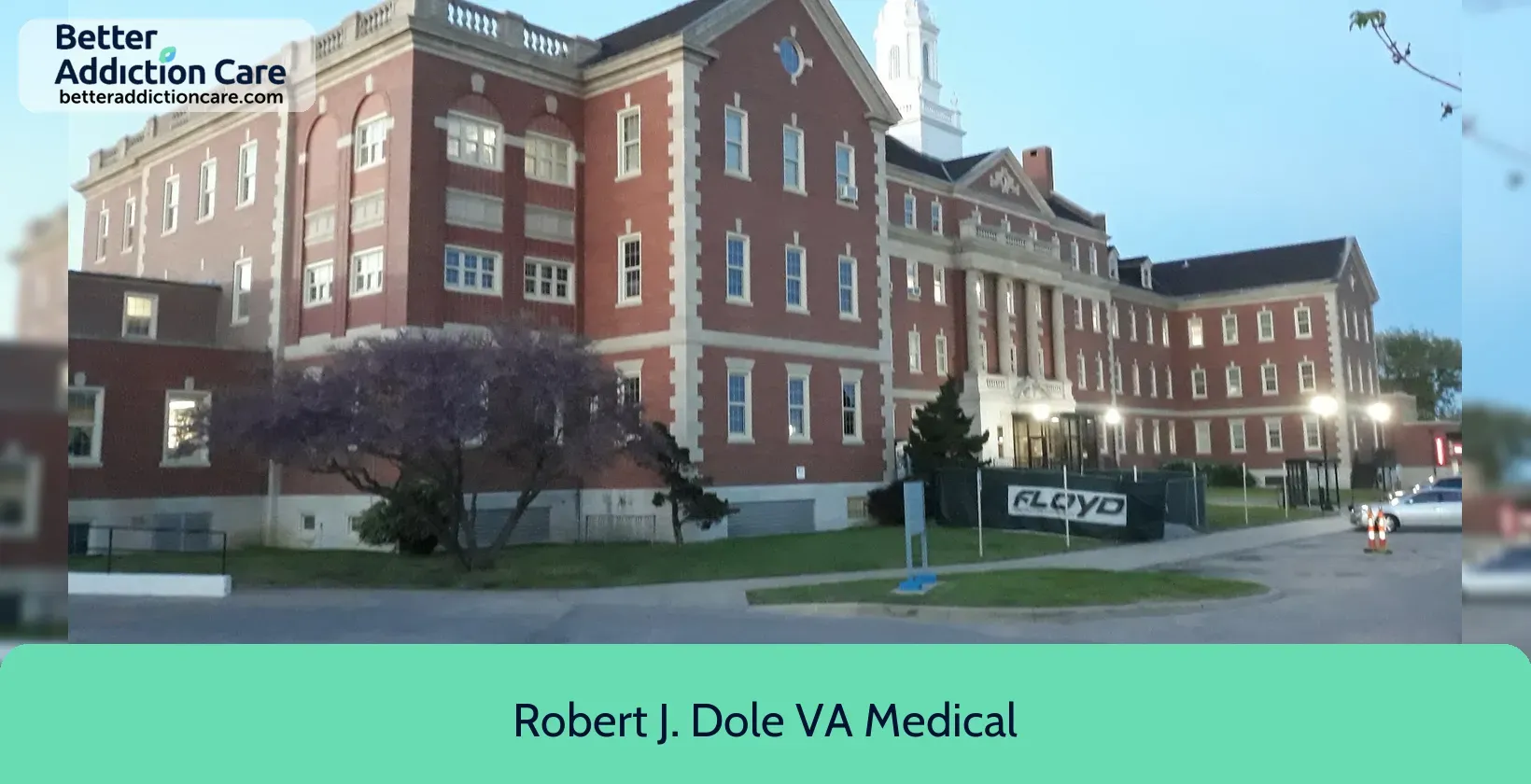



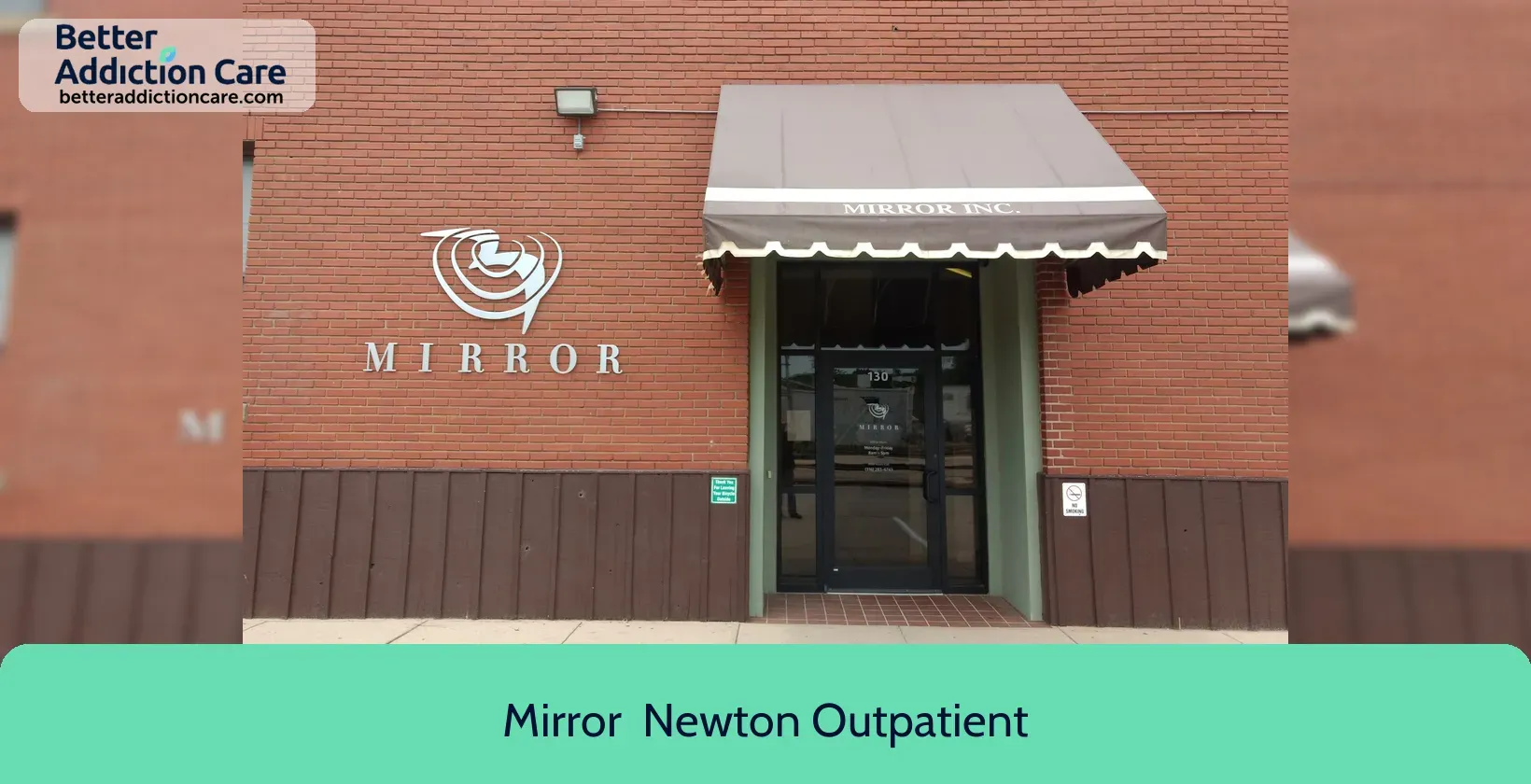

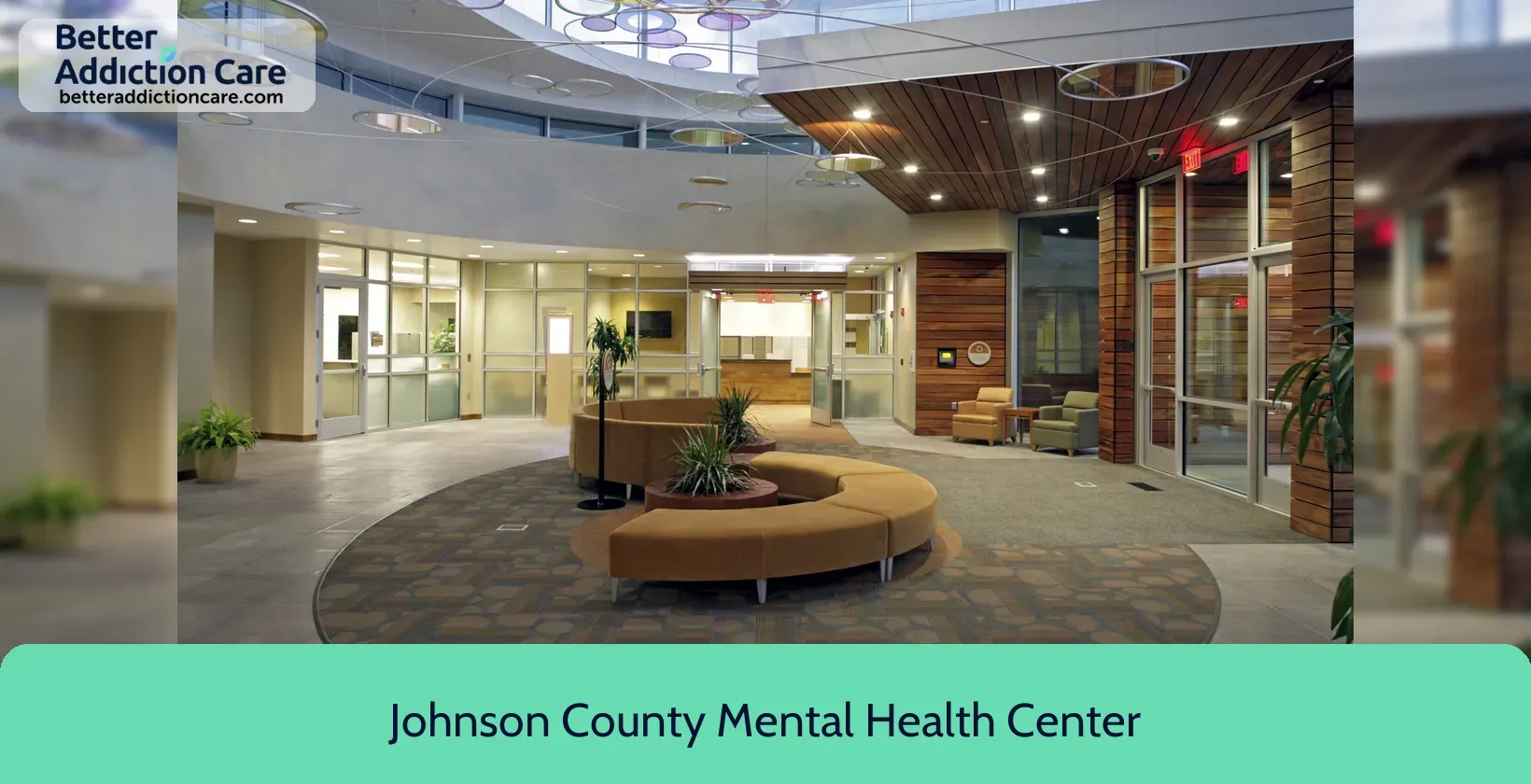
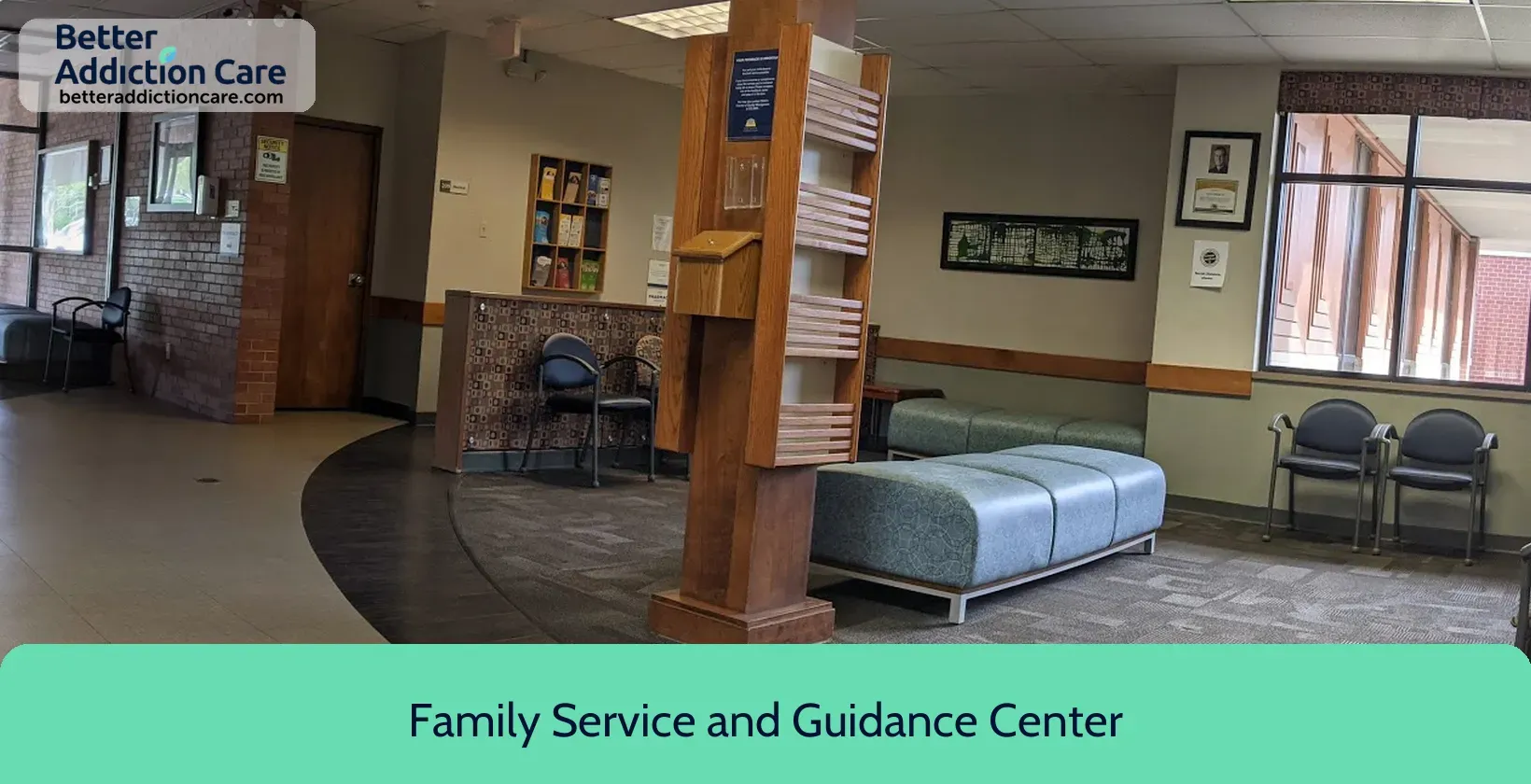
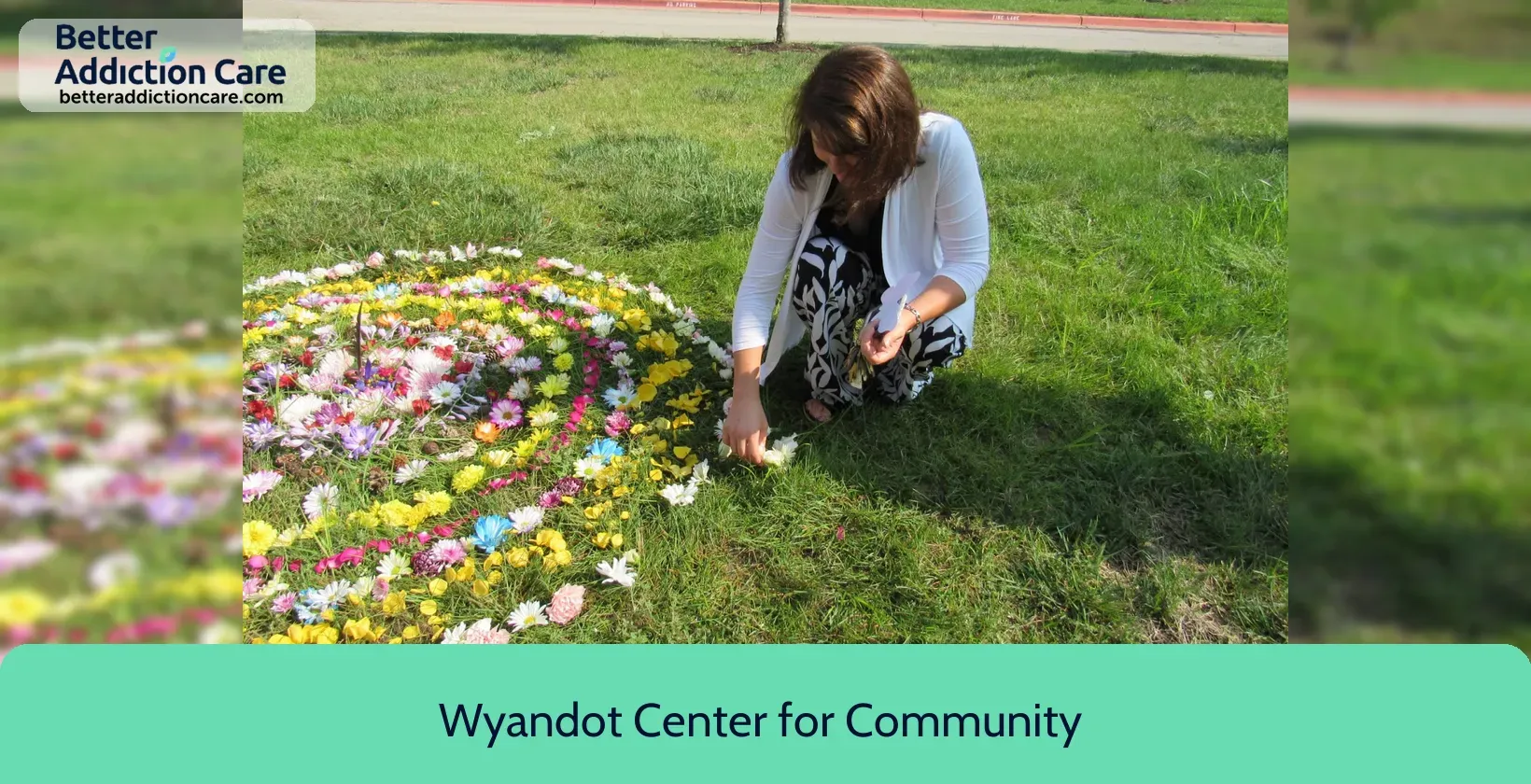
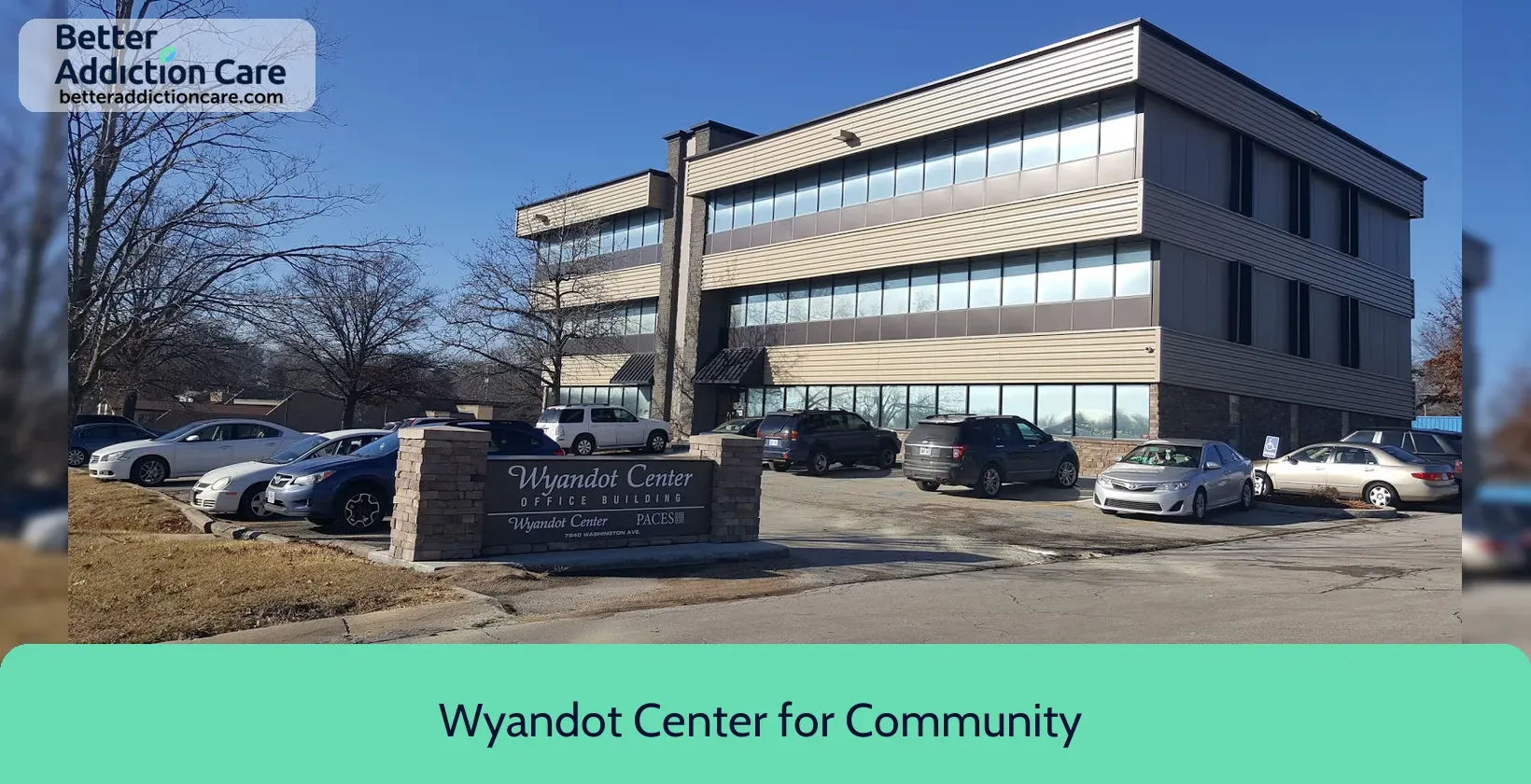
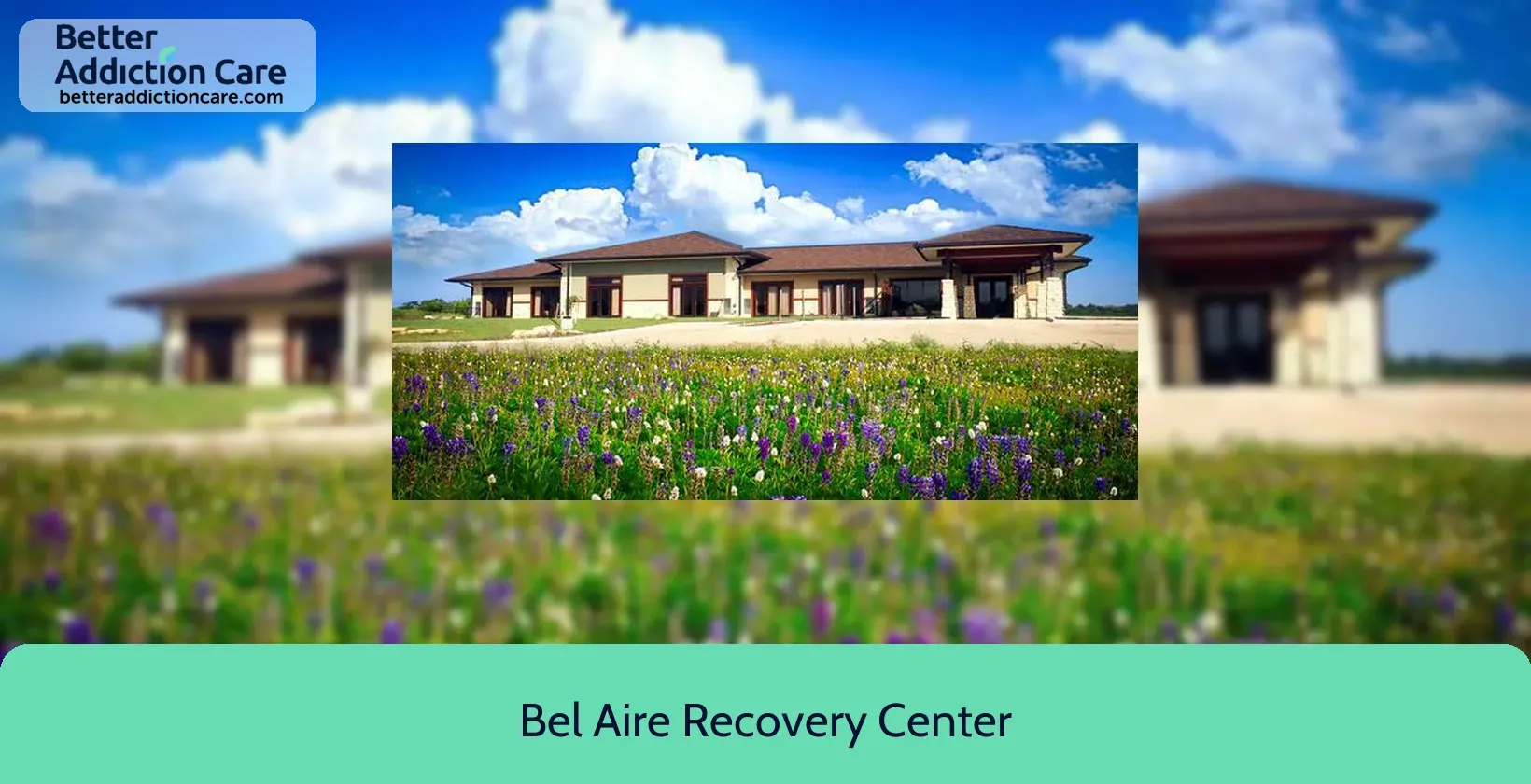
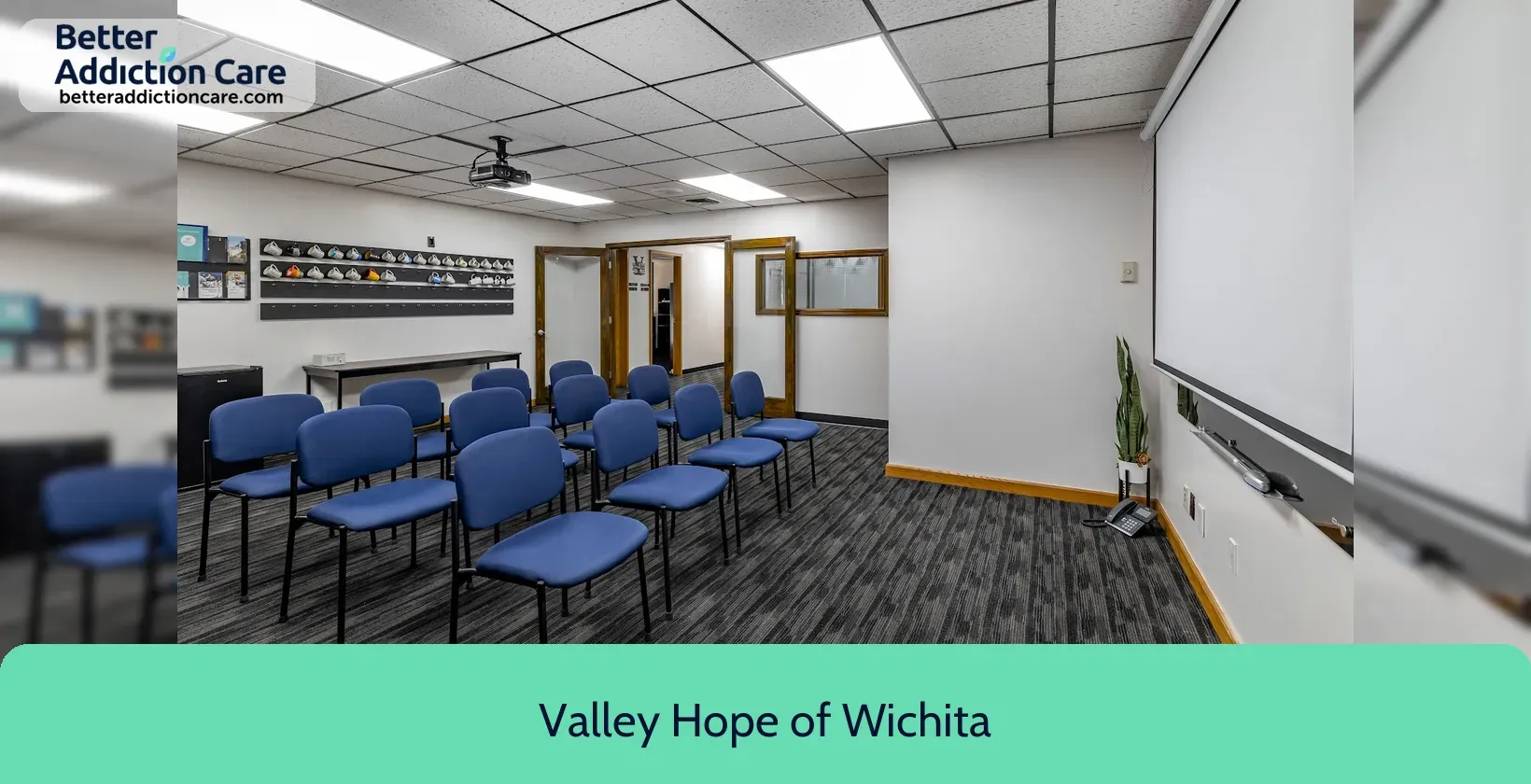
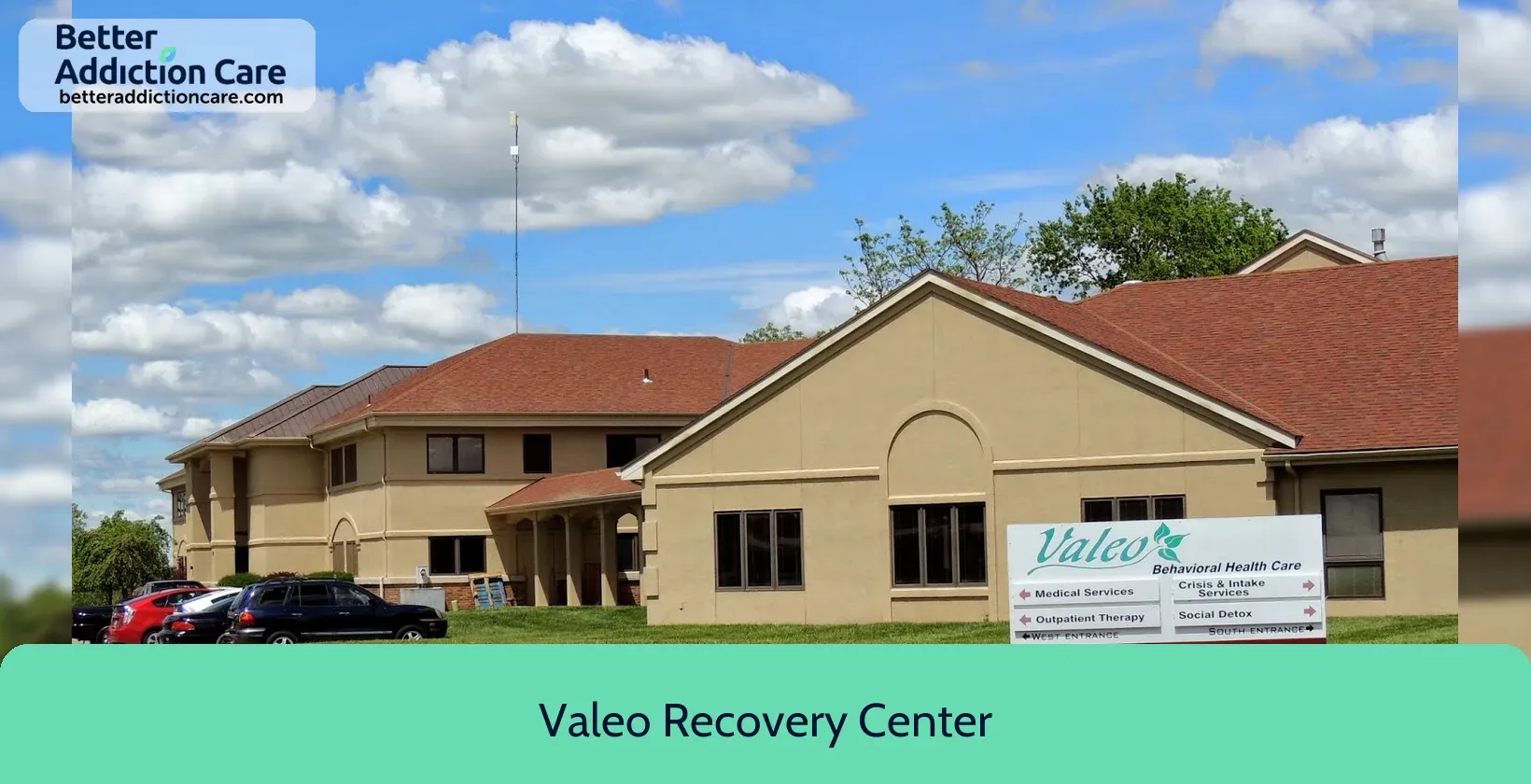
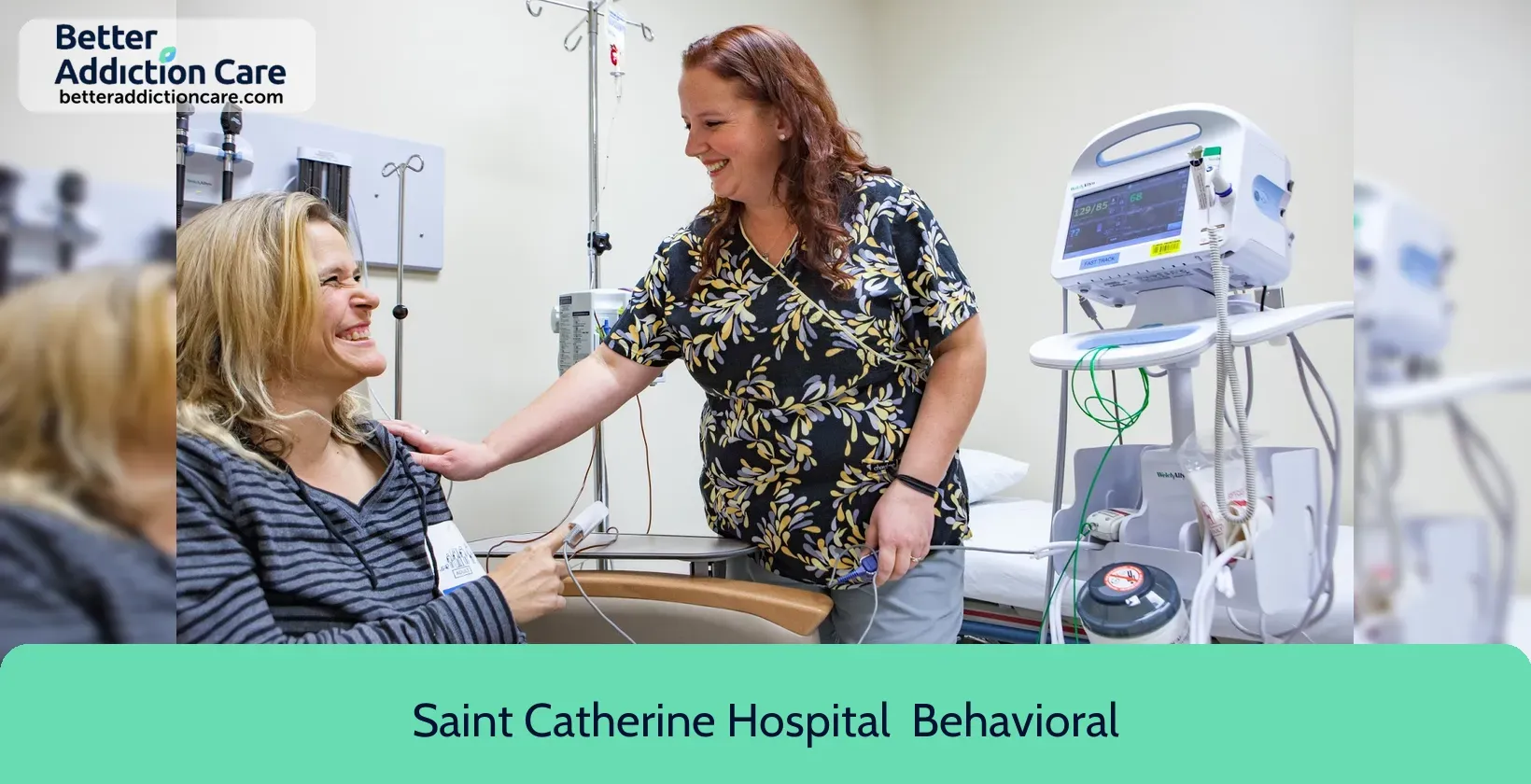


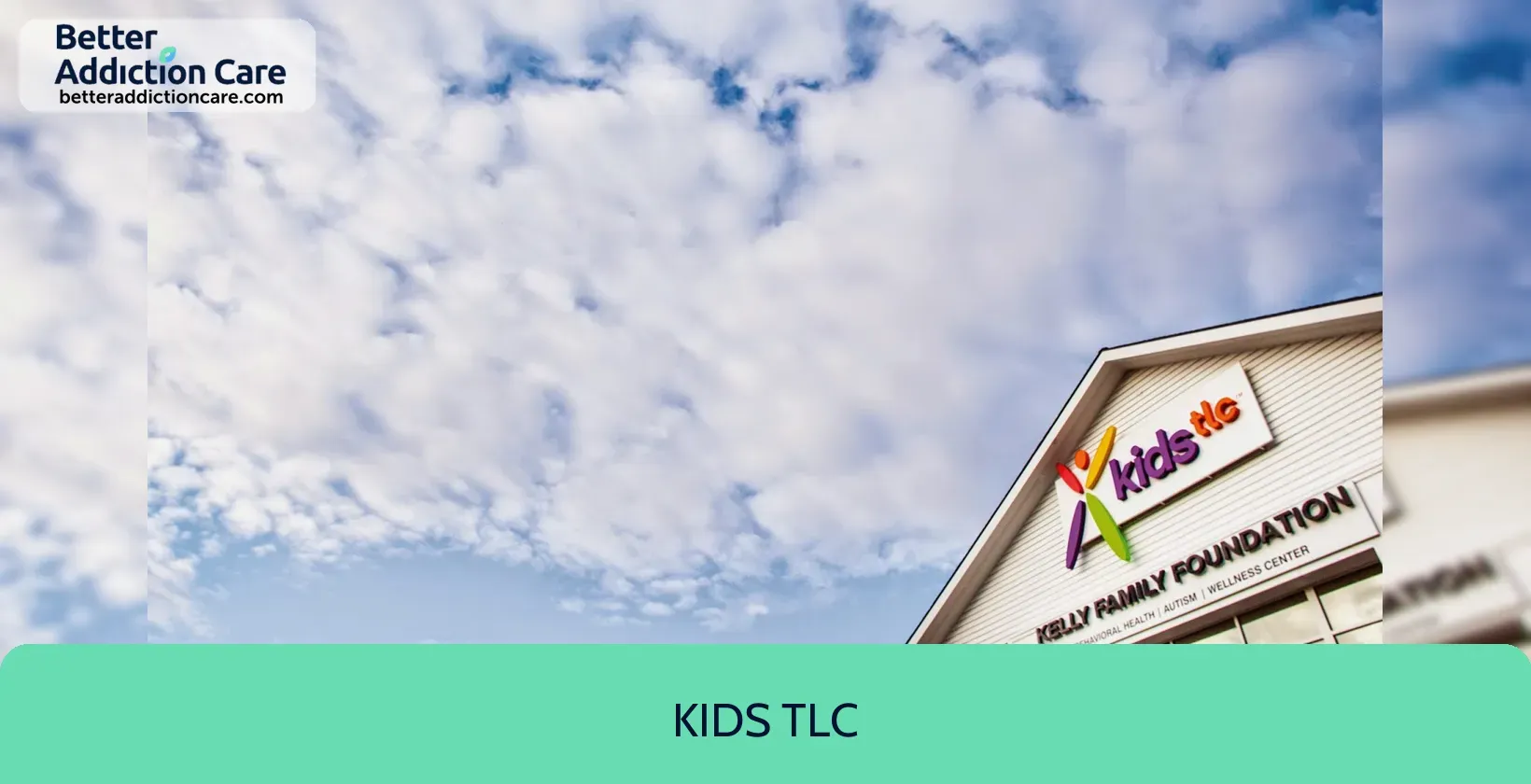
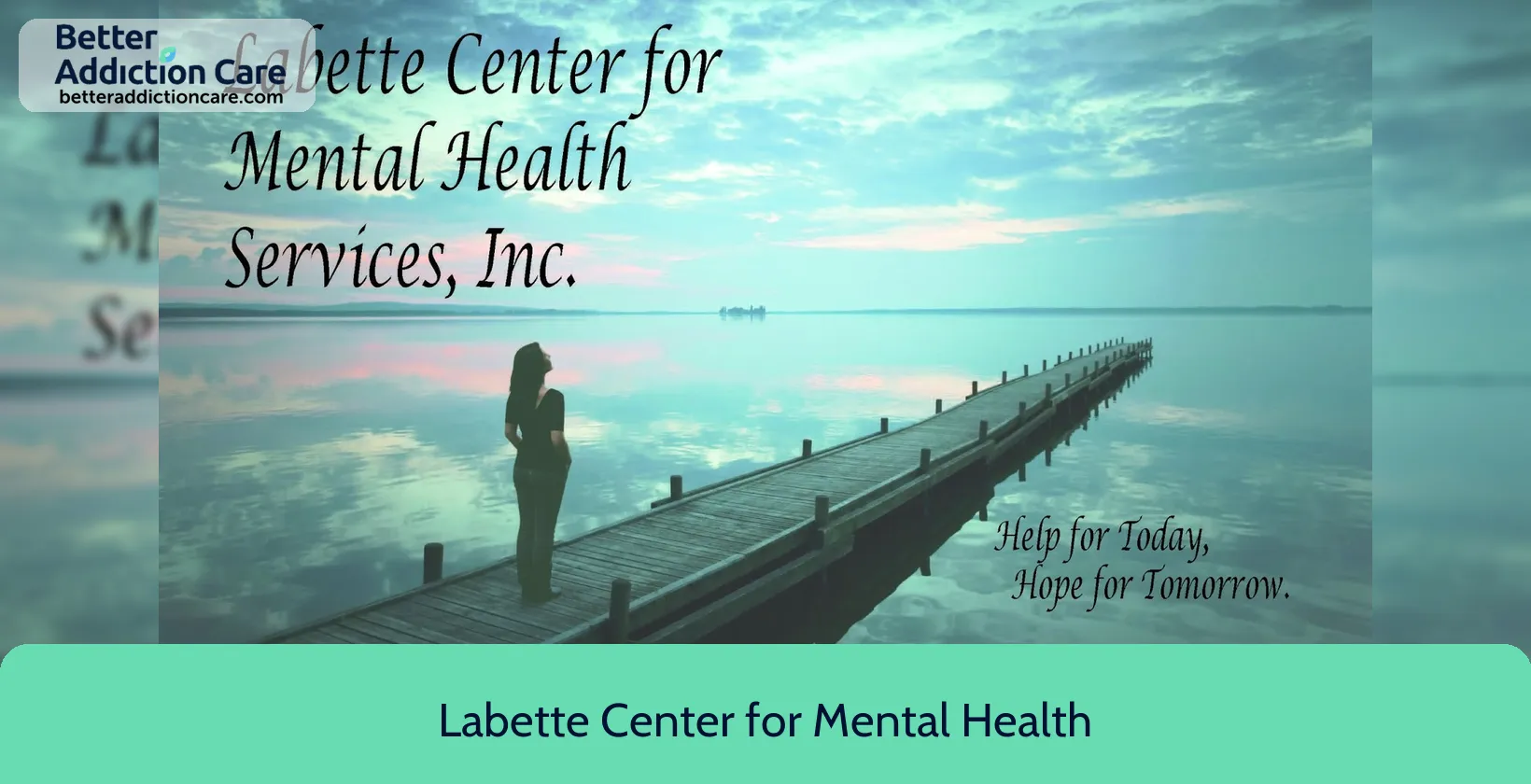

Alcoholism, Drug Abuse, Mental Health, and Treatment in Kansas
Kansas Summary:
For a relatively small state, Kansas faces a number of alcohol, drug and mental health issues. Partially due to an increase in immigrants from Mexico moving to Kansas over the last two decades, the state has seen a rise in Mexican criminal groups transporting illicit drugs into Kansas for distribution. Kansas highways also facilitate illegal drug transportation across both the Midwest and the South. Like other states across the nation, hospitalizations for drug poisonings and drug overdoses has risen significantly in the past 10 years. Roughly half of Kansas residents with a mental illness have received treatment, while over one-quarter of adults in the state report having unmet mental health needs.
Despite these concerns, Kansas has an array of rehab facilities and treatment centers for those struggling with drug abuse, addiction, alcoholism and mental health problems like major depression, anxiety disorders, bipolar disorder and schizophrenia. There are both private and payment-assisted rehab centers in Kansas that provide comprehensive treatment throughout rural and urban regions of the state.
Quick Kansas statistics:
- Kansas state population: 3 million
- Number of people in Kansas who abuse alcohol or are alcohol dependent: 200,000
- Number of people in Kansas with a serious mental illness: 100,000
- Marijuana is the most commonly cited drug among drug treatment admissions in the state of Kansas, followed by stimulants, such as methamphetamine and cocaine.
Alcoholism in Kansas
The percentage of residents in Kansas who abuse or are dependent on alcohol is slightly higher than the national average. According to data from 2015, over 7% of individuals age 12 and over in Kansas deal with alcohol abuse and dependency issues. Almost 9% of adults age 21 and over report heavy alcohol use in the past month.
In Kansas, there are multiple rehab centers that provide high-quality, comprehensive treatment for alcoholism and substance abuse. One such facility is Valley Hope in Atchinson (outside of Kansas City, Mo.). Valley Hope offers medically-assisted detox, which is the process of removing alcohol or drugs from the body in a safe and secure manner. The treatment center has both an inpatient and outpatient treatment program and also offers an intensive outpatient program, which includes individual and group therapy along with drug and alcohol education. Valley Hope offers a semi-private living environment in a rural setting overlooking the Missouri River.
VA Healthcare - Colmery O'Neil Medical Center is a public, payment-assisted treatment facility in Topeka. The facility has a combined mental health and substance abuse treatment center, with the staff and resources available to handle patients with both alcoholism, addiction and mental health issues. The Colmery O’Neil Medical Center offers a wide range of services to veterans and is open to men, women and young adults.
Drug Abuse in Kansas
In Kansas, over 75,000 residents over the age of 12 abuse illicit drugs or are struggling with a drug addiction. Data from 2015 shows that of residents in the state that abuse drugs or are suffering from addiction, over 80% of these individuals do not seek treatment for their substance abuse issues.
Kansas has several treatment centers that focus on drug abuse, addiction and recovery. Sunflower Wellness Retreat is a facility in the city of Osawatomie (southwest of Kansas City). At Sunflower Wellness Retreat, participants are provided with an array of holistic treatment options, which incorporate nutrition and fitness, therapeutic art and meditation that allows patients to recover in mind, body and spirit. The treatment center is situated on a 12-acre property, giving residents the opportunity to focus on recovery in a peaceful and tranquil setting.
For those seeking a payment-assisted option for drug rehabilitation treatment, Miracles House is a nonprofit rehab center in Wichita. Miracles House is a faith-based, private facility that provides services and resources to prevent and treat substance abuse and fight poverty in the Wichita area. Miracles House is open to both adult women and adolescent girls who are struggling with drug addiction, alcoholism and co-occurring mental health problems. This sober living house also has an LGBT Outstanding program and a designated program for postpartum women.
Mental Health in Kansas
Studies released in 2015 show that over 100,000 adults living in Kansas have experienced a serious mental illness in the past year. Roughly 15% of adults in the state have ever been diagnosed with depression, while over 8% report currently feeling symptoms of depression. An estimated 11% of Kansas adults have been diagnosed with anxiety.
In Kansas, there are both state-funded and private facilities that provide treatment for mental health issues and co-occurring substance abuse problems like drug addiction and alcoholism.
Located in Overland Park, Shawnee Mission Medical Center - Behavioral Health is a nonprofit treatment center that specializes in mental health. Shawnee Mission’s inpatient program is comprised of two components: mental health stabilization and medical detox from addictive substances. In addition to working individually with a psychiatrist, patients at the treatment center benefit from care provided by a team of psychiatric nurses, clinical and expressive therapists, behavioral health associates, chaplains and dietitians. Shawnee Mission accepts private health insurance, Medicaid, Medicare and has other low-cost treatment payment options.
Are there any free drug rehab centers in Kansas?
Kansas does have drug rehabilitation centers that provide free or low-cost treatment for drug abuse, addiction and alcoholism. Several drug rehab facilities in Kansas accept Medicaid, which is required to cover the basic conditions of drug and alcohol recovery services.
One rehab center that accepts Medicaid, Medicare and has other state-funded treatment payment options is We Can Recover in Lenexa (a suburb of Overland Park). We Can Recover offers both an outpatient and intensive outpatient program, which is designed for those who need a structured treatment program but want to live at home due to work, school or family commitments. We Can Recover is open to men, women, teenagers and children and has bilingual (Spanish-speaking) therapists and staff members.
Another payment-assisted rehab center with low-cost treatment options is Corner House in the small city of Emporia, which is located halfway between Kansas City and Wichita. Corner House is open to men, women, teenagers and children and accepts Medicaid. The facility has both an inpatient and outpatient program and seeks to help individuals overcome addiction and live a substance-free life following treatment and recovery.
What do addicts do after rehab? What is the recovery process like following a stay at rehab in Kansas?
After someone participates in an inpatient (or residential) drug treatment program, they have several options for continuing the addiction recovery process.
In many instances, patients enrolled in an inpatient drug rehab program transition to an outpatient treatment program after completing their residential stay. Outpatient treatment programs can include therapy, counseling, 12-Step meetings, medication monitoring and aftercare support, which involves making a sustainable plan for recovery. Outpatient treatment programs can benefit those with a stable living situation and a solid existing support system like a strong family. These types of outpatient programs typically cost less than inpatient rehab centers.
Some individuals who complete an inpatient rehab program opt to apply to reside in a sober living community or halfway house. Sober living communities provide a substance-free environment where recovering addicts can focus on overcoming their drug and alcohol abuse with the support of peer mentors and counselors who have experience helping those struggling with addiction. Sober living houses and halfway homes can also provide employment assistance, life skills classes, family programs and other services to residents in recovery.
One of the most important things to do after completing a drug rehab program is to build a strong support network. Finding therapists, counselors, other mental health professionals and peer mentors to support individuals in recovery is one of the best ways to maintain sobriety after rehab.
Kansas: Looking Ahead
Kansas seeks to fight drug trafficking that occurs along its highways, particularly the transportation of illegal drugs in the Kansas City, Mo. greater metropolitan area. Kansas is also looking to combat the availability of prescription drugs in the state, as currently there are over 80 active painkiller prescriptions per 100 people. Mental health organizations in Kansas are working to increase follow-up care services and access for residents, as those who visit a hospital for a mental health problem don’t always seek continued support.
For those struggling with drug abuse, addiction or a co-occurring mental health and substance abuse problem, there are a variety of treatment centers and resources in Kansas available. Residents with financial need have multiple payment-assisted centers to choose from and there are several sober living communities for recovering addicts making the transition out of rehab.
